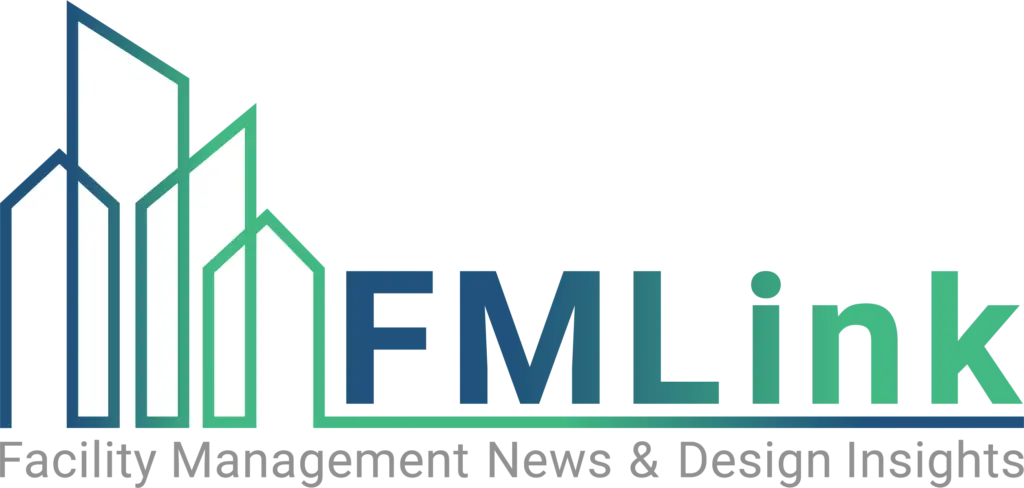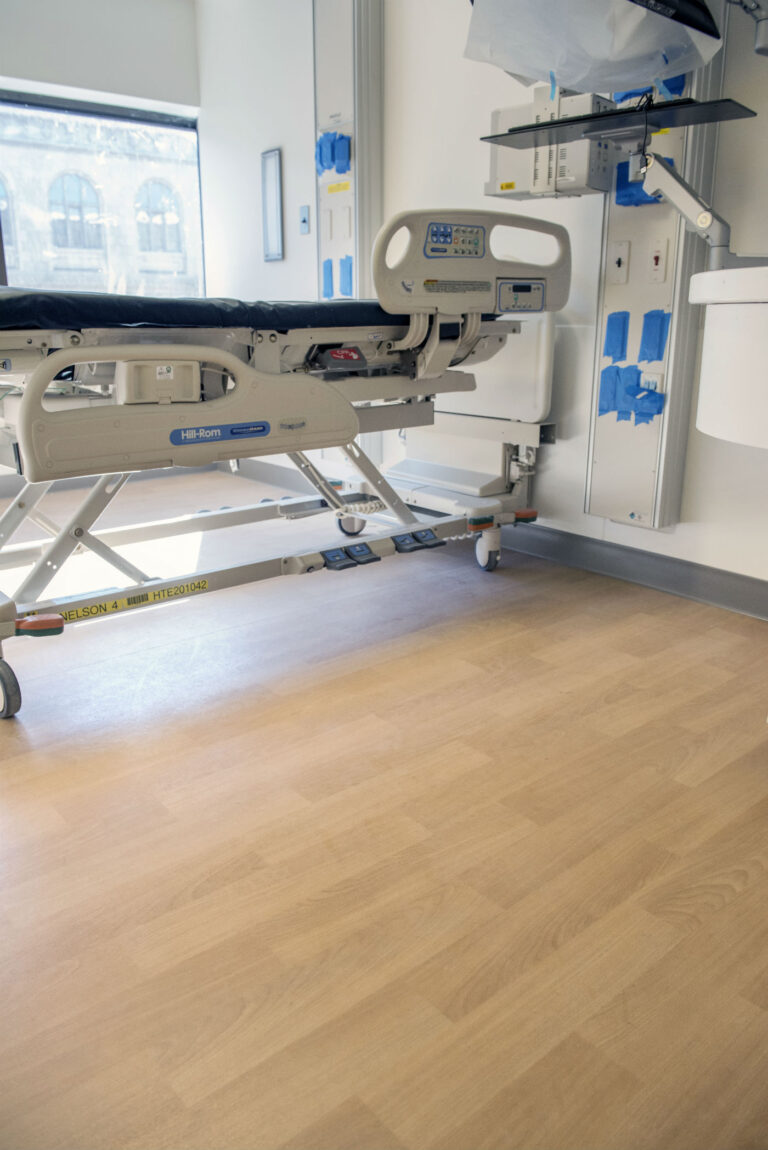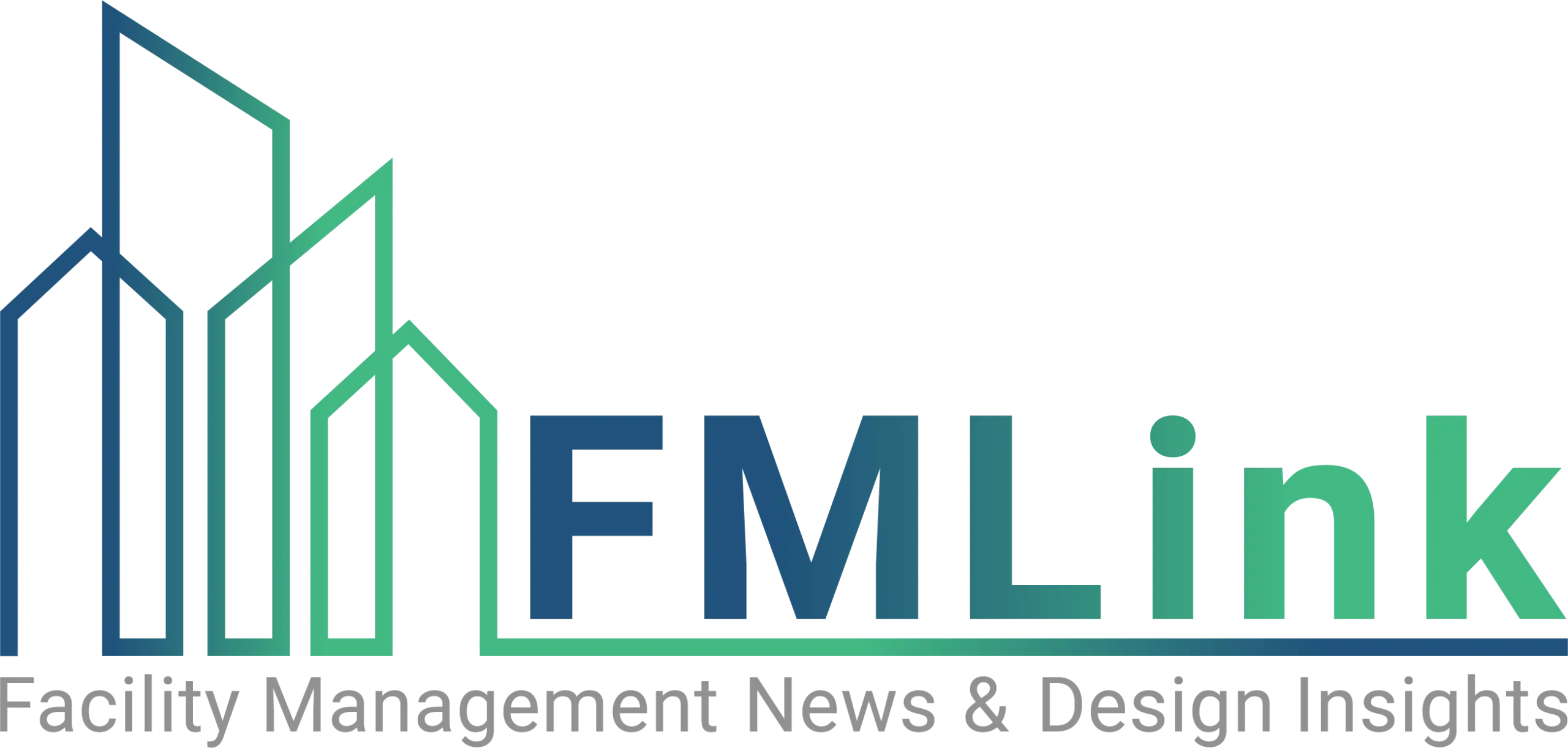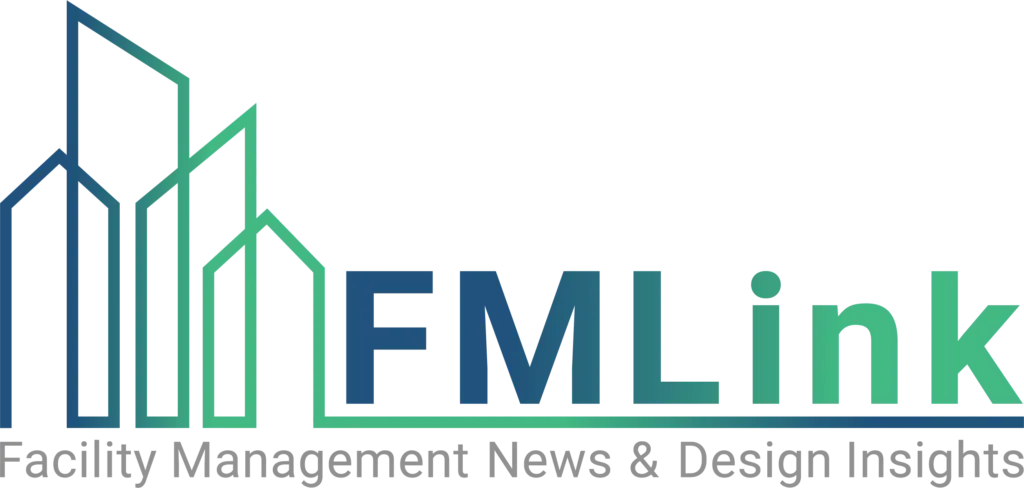The US Green Building Council has introduced a new pilot credit that meets the requirements for COVID-19 from the Centers for Disease Control and Prevention (CDC), US Environmental Protection Agency (EPA) and the Occupational Health & Safety Administration (OSHA) from a Green perspective – with Green defined as products and services that further reduce health and environmental impacts as compared to similar products and services used for the same purpose.
The new LEED Safety First: Cleaning and Disinfecting Your Space pilot credit addresses product selection, procedures on cleaning and disinfecting, protection for cleaning personnel, training of cleaning personnel and occupant education.
As a point of emphasis, the new LEED credit specifically addresses the training of frontline workers as it is clear that while disinfectants have been scientifically proven to be efficacious against SARS CoV 2 (the virus that causes COVOD-19) with the caveat that they must be used correctly, on the right surfaces, at the right frequencies and times of the day to best protect occupant health. These training programs should be an essential requirement for all facilities.
Product selection
- When disinfecting, use disinfectants that are on EPA’s List N: Disinfectants for Use Against SARS-CoV-2 and formulated with the active ingredients recommended by EPA’s Design for the Environment Logo for Antimicrobial Pesticide Products.
- Use cleaning chemical products that meet EPA Safer Choice, Green Seal or UL Ecologo standards; or cleaning devices that use only water, ionized water, electrolyzed water, or aqueous ozone.
- Use hand soaps that that meet EPA Safer Choice, Green Seal or UL Ecologo; or soaps with no antimicrobial agents except where required by health codes and other regulations (e.g., food service and health care requirements).
- In areas where soap and water are not available, use of hand sanitizers that contain at least 60% ethyl alcohol or are certified by UL Ecologo.
- Use paper towels, plastic liners, mops and other tools that meet one or more of the following standards: EPA comprehensive procurement guidelines for janitor paper and plastic trash can liners, Green Seal or UL Ecologo standards for tissue paper, paper towels and napkins; FSC certification for fiber procurement; or janitorial paper products derived from rapidly renewable resources or made from tree-free fibers; or California integrated waste management requirements, for plastic trash can liners.
- Use of cleaning equipment that has ergonomic design features to reduce worker injuries such as vibration, noise, and user fatigue.
Procedures on cleaning and disinfection
- Use of procedures that meet the joint requirements of CDC and EPA on Reopening Guidance for Cleaning and Disinfecting Public Spaces, Workplaces, Businesses, Schools, and Homes.
- Use of procedures that optimize cleaning personnel resources and minimize unnecessary use of valuable cleaning products and equipment.
- Identification of “high-touch points” along with frequencies for cleaning and disinfecting the different objects so designated.
- Procedure for quantitative testing of the cleanliness of surfaces.
- Strategies for promoting and improving hand hygiene, including prioritize washing of hands with plain soap and water over hand sanitizers where possible.
Protection for cleaning personnel
- Use of proper personnel protective equipment including eye protection, masks, gloves and gowns for all cleaning personnel as required by the products and processes being used.
- Use of tools, equipment and procedures that reduce ergonomic injuries to workers.
Training of cleaning personnel
While the credit addresses numerous issues to address the training for frontline cleaning personnel, the credit identifies the following training programs that meet the requirements:
- Thomas Shortman Training Fund: Cleaning for COVID-19 & other Infectious Diseases
- Building Skills Partnership: Infectious Disease Certification Program
- Building Service Contractors Association International (BSCAI): COVID-19 Disinfection & Safety Course
Occupant Education
- Provide occupant education to ensure understanding of the steps taken to disinfect and clean the space.









